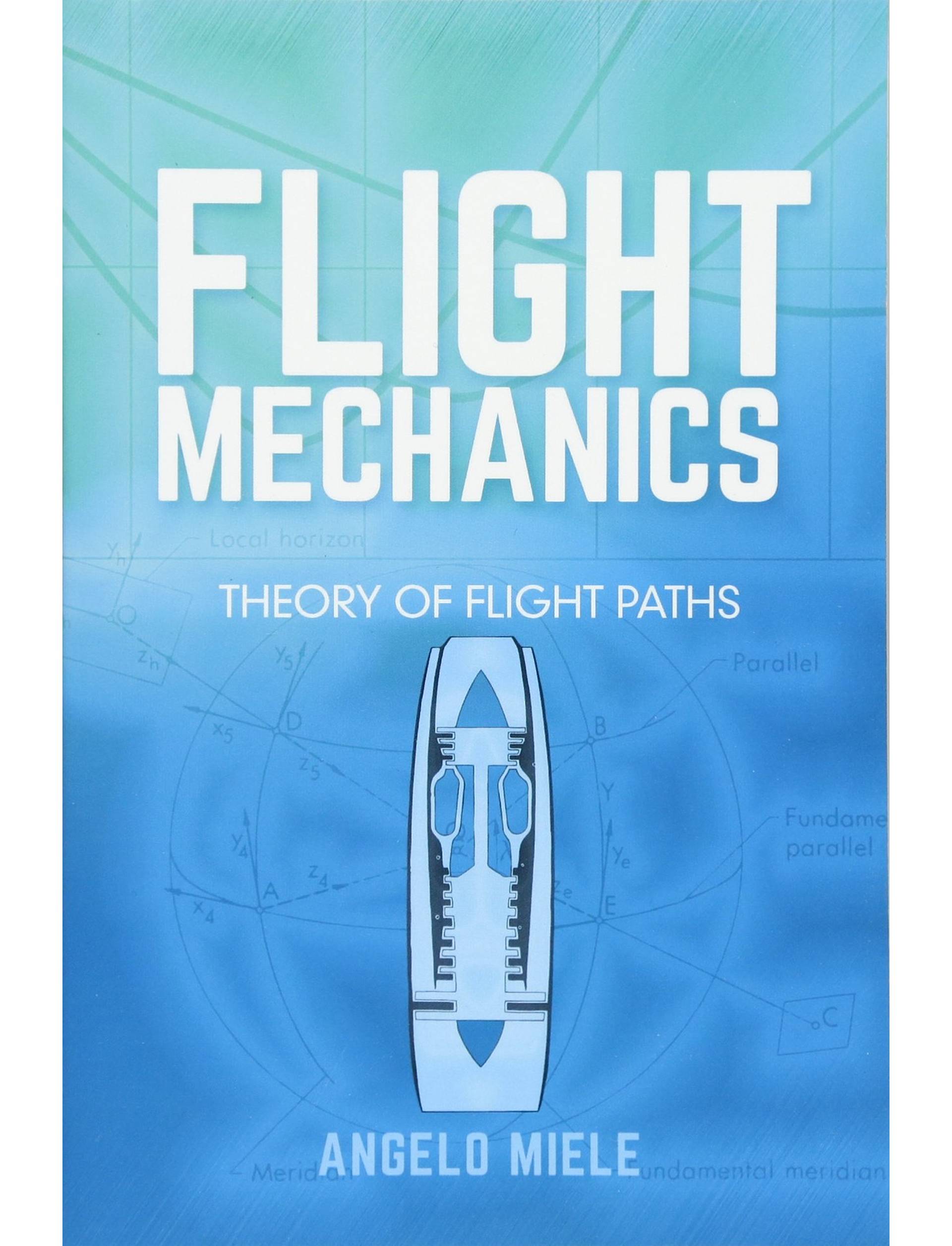
1962: The War That Wasn’t – Hard Cover
₹654.00 Inc. GST
Shiv Kunal Verma?s book ?1962: The War That Wasn?t? is an unrivalled attempt at unravelling the mystery that surrounds India?s most shameful defeat at the hands of the People?s Liberation Army of China.
Description
Shiv Kunal Verma?s book ?1962: The War That Wasn?t? is an unrivalled attempt at unravelling the mystery that surrounds India?s most shameful defeat at the hands of the People?s Liberation Army of China. This was a conflict between India and China across India?s Himalayan frontiers in the north and the East. It was a conflict that was never formally declared and several accounts have been written dedicated to this matter; however, none is as deterrent as the account given by Shiv Kunal Verma. He talks of the plight of the Indian solders across the northern border, all the way from Nam ka Chu in the eastern sector to Ladakh on the Western front. He talks about the horror that would have happened had the Chinese army not decided unilaterally to cease fire and stop its vicious campaign on the Indian soil. This was a conflict that saw massacre on both lands injuring over four thousand soldiers.
The book is based on several accounts from soldiers who were present in the line of fire and were able enough to give a vivid first person account on what actually took place in that unfortunate year of 1962. ?1962: The War That Wasn?t? is an account of India?s horrific escape from disaster in young Independent existence. The book is un-nerving to the extent of sending chills down your spine by citing riveting intricacies of shocking developments. The book is a result of over two decades worth of research and interviews by the author. He personally sat down with officers and soldiers from the war. The book features a deep analysis on India?s border issues with China at the time.
About the author?The book has been written by author Shiv Kunal Verma, who has dedicated over twenty years of his life in an effort to bring forth this book to the masses, so that the Indian populous can have a definitive account of what their motherland had to go through during those hard times. The book has been published by the Aleph Book Company in 2016 and is available in the form of a Hardcover.
The book is available online for convenient shopping. You can bag this book from Amazon.in today by following a few easy steps.
Product details
- Publisher 😕Aleph Book Company; Latest Edition (4 February 2016)
- Language 😕English
- Hardcover 😕480 pages
- ISBN-10 😕9382277978
- ISBN-13 😕978-9382277972
- Item Weight 😕739 g
- Dimensions 😕13.97 x 3.02 x 21.59 cm
- Country of Origin 😕India
Additional Information
| Weight | 0.74 kg |
|---|---|
| Dimensions | 14 × 22 × 3 cm |
Reviews (0)
Only logged in customers who have purchased this product may leave a review.










Reviews
There are no reviews yet.